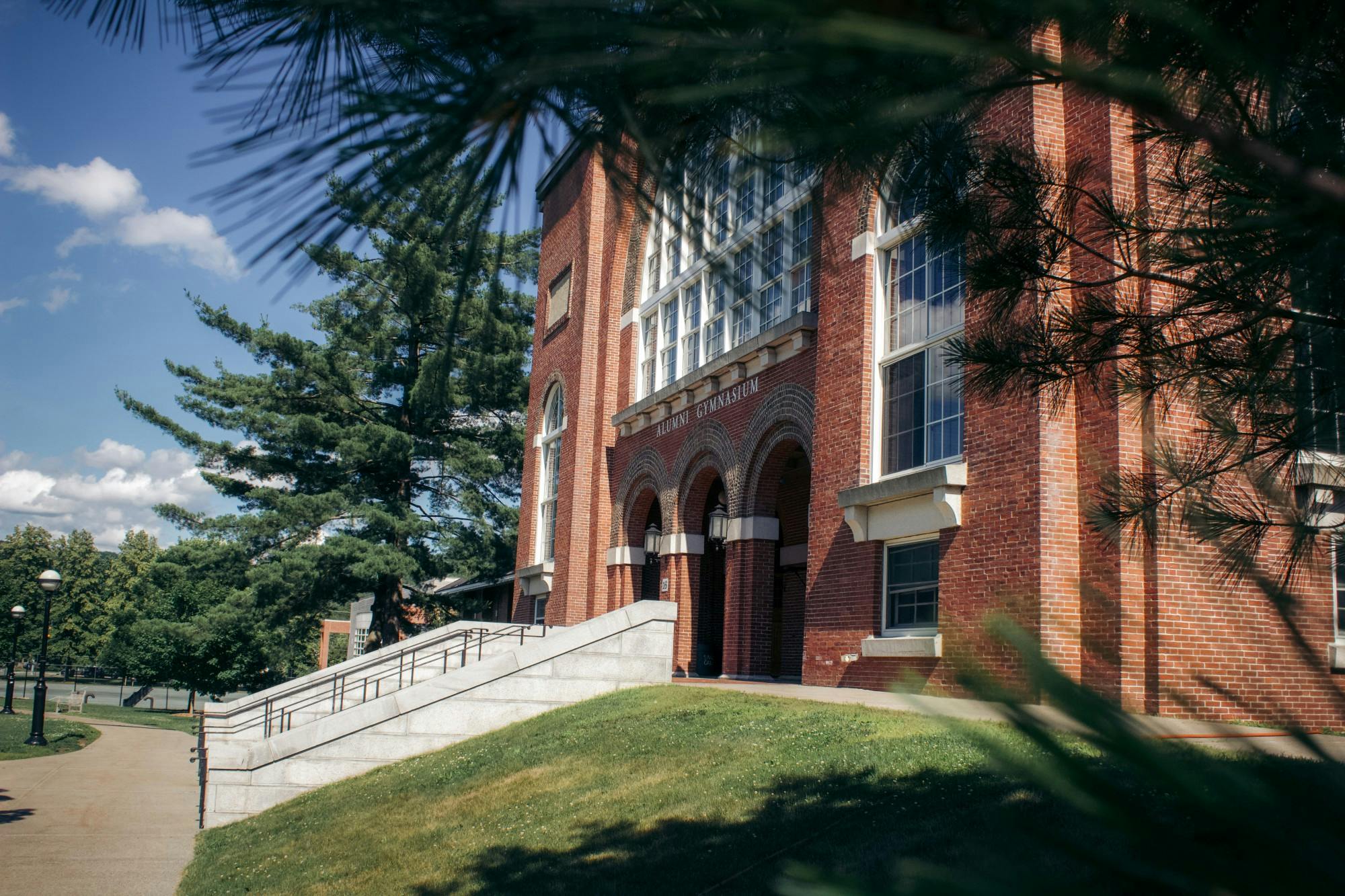On July 1, the NCAA adopted a new policy that will allow almost half a million student-athletes across the country to profit off of deals based on their name, image or likeness. On the same day, the Ivy League affirmed this decision and modified its existing rules to allow student-athletes to participate in NIL activities. New opportunities for student-athletes, who would have previously been in violation of NCAA requirements to maintain their amateur status, include sponsorships, brand deals and endorsements.
“We’re in favor and supportive of NIL,” interim athletics and recreation director Peter Roby ’79 said. “We have no issue with students being able to monetize their name, image and likeness like any student at Dartmouth can.”
The policy change follows a Supreme Court case, National Collegiate Athletic Association v. Alston, decided on June 21, that found the NCAA violated antitrust laws by prohibiting athletes from receiving “non-cash education-related benefits,” examples of which include computers, science equipment and musical instruments.
“This is a period of significant change in the history of the NCAA, and the landscape is shifting on a daily basis,” Roby said. “The combination of NIL and the Alston decision by the Supreme Court has created a brand new day with respect to collegiate athletics.”
While the new policy that the NCAA implemented is consistent with federal guidelines, the organization emphasized that the change only represents an interim solution. According to the new policy, student-athletes must engage in NIL activities that are consistent with the state laws that apply to their university. According to Roby, New Hampshire “has yet to pass any laws with respect to NIL” and he is not aware of any legislation under consideration that would limit what opportunities student-athletes can engage in.
Football linebacker Jalen Mackie ’22 said the policy change was “long overdue,” noting that the change will allow lower-division athletes who have had to take on multiple jobs to support themselves will now be able to better focus on their academic and athletic priorities.
Incoming women’s rugby team captain Emily Henrich ’22 called the change “a necessary first step.” Henrich said that she has had to pass up product endorsement opportunities to maintain her collegiate eligibility.
In the week since the NIL policy was changed, several Dartmouth students have been pursued by companies to strike a deal. Associate athletic director for compliance Chelsea L. Goss said that she has been contacted by two current student-athletes about deals they have been approached with. Mackie said that he has been approached by “a couple companies” in his hometown of Miramar, Florida about potential endorsements.
Goss noted that although Dartmouth athletics has sent out information and resources pertaining to the NIL policy change to student-athletes, coaches, staff and boosters cannot facilitate these profit opportunities.
“Our role is to be as helpful in terms of information as we can be,” Roby said.
Roby and Goss noted that more time will be needed to understand the full extent to which the NIL policy change will impact collegiate athletics. According to Roby, the change will “certainly” have an impact on athletic recruitment, and Dartmouth may have to further compete with schools that can better leverage their local and national popularity.
“Some [student-athletes] may decide that they can leverage their name, image and likeness better elsewhere than School X or School Y,” he said. “As much as the NCAA is hoping that it won’t turn into a recruiting advantage, it’s naive to think that it’s not going to be [the case] for schools that can create a lot of exposure for students.”
Mackie sees potential endorsements for Dartmouth sports coming mainly from “local businesses” due to lower “notoriety around the country.”
Football running back Zack Bair ’22 agreed, saying that the NIL policy change “probably won’t have huge effects” for the football team as a less nationally recognizable team.
While Goss noted that national recognition for Dartmouth athletics is not in the “same ballpark” as that of large state schools, she said that athletes participating in less nationally popular, niche sports, such as squash, sailing, equestrian and skiing, could stand to profit.
“[Dartmouth has] a lot of people that are participating on national teams or junior national teams or going to the Olympics, so I’m excited to see what some of our more obscure sports athletes are able to do entrepreneurship-wise,” she said.
Mackie and Henrich see room for improvement on how the NCAA compensates its athletes. Henrich, who has trained with the U.S. Women’s National Team, was unable to receive payment as an athlete in order to preserve her collegiate eligibility.
“We have a couple student-athletes who are going to be representing their country on the world stage, and the fact that they can’t be paid for doing so — even though they’re going to the Olympics — seems pretty absurd to me,” Henrich said.
The topic of ‘pay for play,’ in which student-athletes receive direct compensation for their athletic commitments, remains controversial within the collegiate athletics community. Henrich said that while she believes the NIL policy change is a step in “the right direction,” the NCAA still makes “gargantuan profits” off of student-athletes putting their physical and mental health on the line. For example, the NCAA collects $1.1 billion annually from the March Madness basketball tournament. Roby said that his “concern” about ‘pay for play’ is that it minimizes the significance of the education student-athletes receive for playing their sport, which can amount to “hundreds of thousands of dollars.”
Mackie remains optimistic, however, for continued change.
“I think this is the tip of the iceberg in terms of what student-athletes are allowed to accomplish,” he said.




